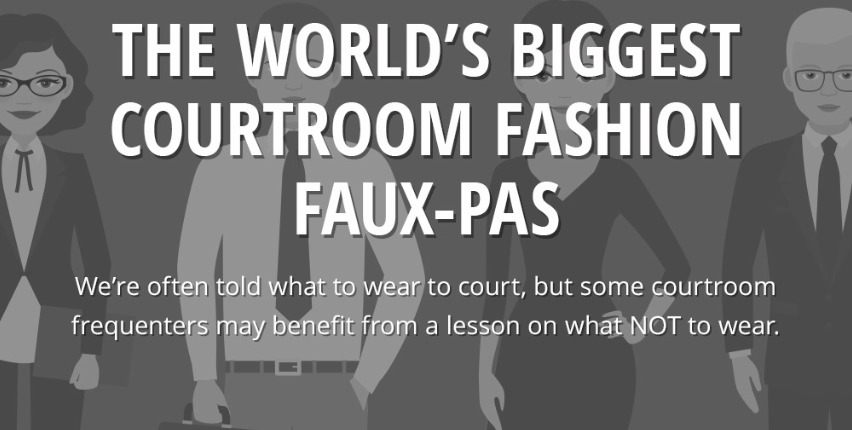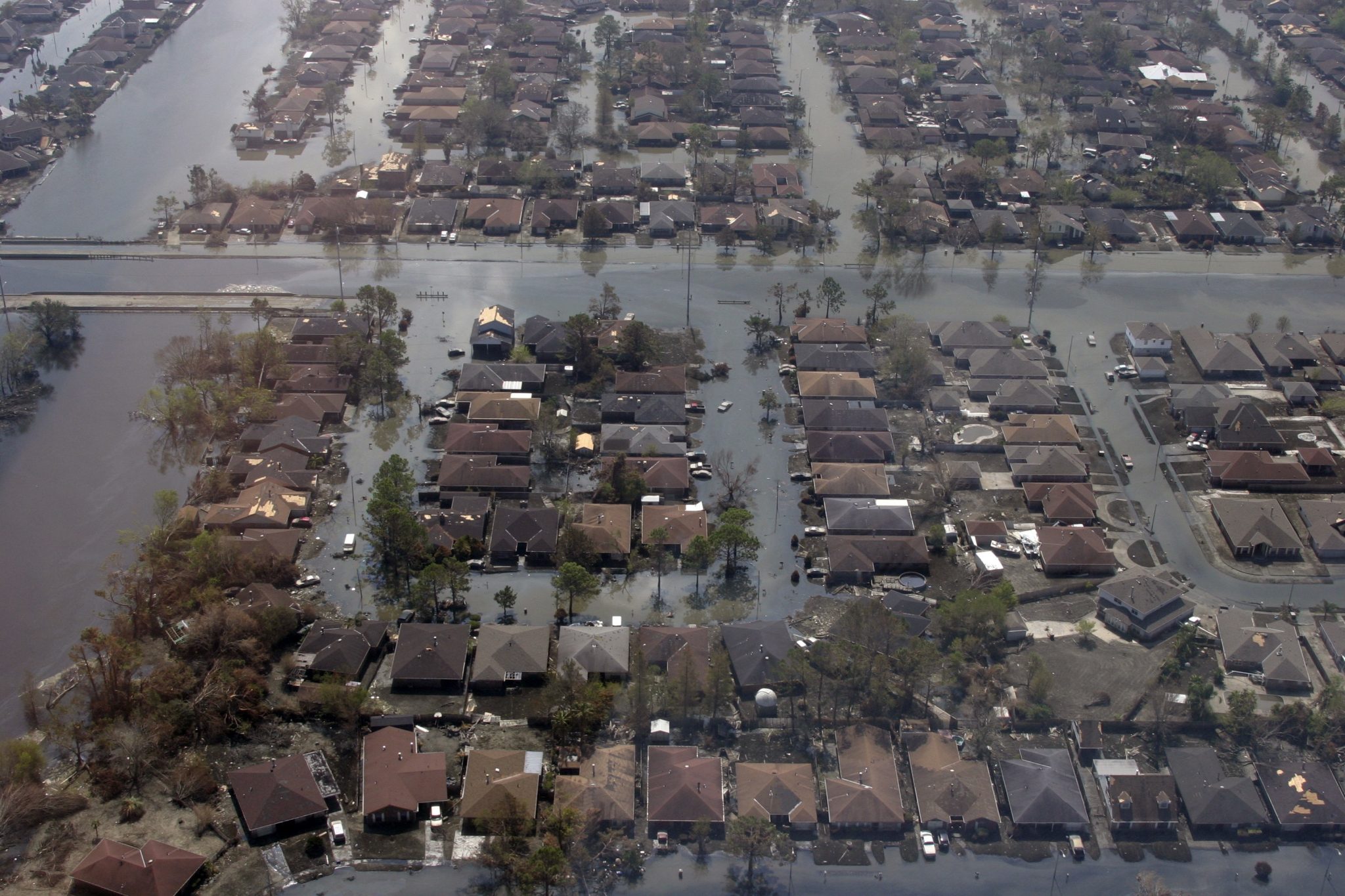- WE’RE HERE TO HELP 24/7
- 800.586.5555
Why Is Flood Damage Rarely Covered by Insurance?

Semi-Truck Accident Liability Laws in Florida
March 11, 2019
The World’s Biggest Courtroom Fashion Faux-Pas
March 26, 2019Why Is Flood Damage Rarely Covered by Insurance?

Picking up the pieces after a flood is one of the most difficult things a homeowner can do. It’s even harder when you are denied coverage for water damage by your insurance company.
In these instances, it’s fair to wonder why some types of water damage are covered, but flood damage alone is often denied. As it turns out, “flood damage” has some tricky nuances that may alter the claim settlement your insurance company offers.
The Different Types of Water Damage
To the average person, all water damage is essentially the same. But to the typical insurance company, a few minor details could be the difference between being covered and being left to pay for costly flood repairs on your own.
There are several types of water damage:
- Flood – At least two acres of normally dry land being inundated with water
- Sudden or accidental discharge – A sudden water event to your home or the surrounding area
- Sewage backup and overflow – Water damage caused by a leaking underground fixture
- Storm-related/hurricane – Natural weather events with heavy winds and rainfall
Sudden discharge and hurricane damage will often be at least partially covered by homeowners or renters insurance, whereas sewage backup and flood damage require their own separate policies.
Why Is Flood Damage Rarely Covered Insurance Companies?
Water damage caused by flooding is not covered by homeowners or renters policies because it is considered a gradual event rather than sudden or accidental. As a rule of thumb, if the water first touches the ground before entering your home, it is considered flood damage.
Other examples of gradual water damage include:
- Water seeping through the foundation
- Mold, rot or corrosion
- Slow plumbing leaks that cause damage over time
- Leaks stemming from clear negligence (disrepair of the roof, plumbing, windows, etc.)
When Might Flood Damage Be Included in an Insurance Policy?
There are some instances when your average homeowners insurance will cover flood damage. For example, if a tree falls on your home during a storm causing heavy rains to damage the inside, this may be covered because it’s a “sudden” event and the flooding did not come from the ground.
Damage stemming from burst or faulty pipes, water damage that occurred while extinguishing a house fire, roof leaks or a damaged HVAC system could all potentially be covered as long as willful neglect isn’t found to be the initial cause.
Flood Damage Vs. Hurricane Damage
Discerning the differences between normal flood damage and hurricane damage can be confusing. During a tropical storm, waters often rise so quickly that draining systems cannot keep up. Once more than two acres are “inundated with water,” FEMA considers it a flood.
The only time homeowners insurance will cover hurricane damage is if the storm itself was the reason for flooding – for instance, if the storm broke a window and caused your home to flood. Conversely, if the damage was incurred due to a gradual buildup of groundwater, you will need flood insurance.
How to Protect Your Home from Flood Damage
It’s recommended that homeowners who live in an at-risk region like Florida acquire flood insurance so they’re protected against costly flood damage. The National Flood Insurance Program (NFIP) provides adequate coverage for most instances of flooding.
How to File a Water Damage Claim
After a flood, it’s important to act quickly to ensure you receive as much compensation from your insurance provider as possible. If your home is safe to enter, these are some steps you can take:
Document the Damage
Your first instinct will be to start cleaning up the mess. However, you should first document the damage as best you can by taking detailed photos. Gather any other evidence as well, like newspaper articles detailing the storm or photos from neighbors.
Be Prepared to Answer Questions
It’s in the insurance company’s best interest to pay out as small a settlement as possible. When the claims adjuster comes to your house, be prepared to answer difficult questions in detail and provide your carefully gathered evidence.
Consider Getting Your Own Estimate
If it’s in your budget, get an estimate in writing from an independent contractor or professional repair company. Some may even offer free estimates if your budget is tight. If the insurance company lowballs you, use this to negotiate a fair price.
Don’t Anticipate Receiving the Entire Amount
Unfortunately, you should not anticipate getting the full settlement right away. The insurance company may send you half up front, and the remaining half after the work is completed, minus the deductible. If you believe you deserve more, consider speaking with an experienced property damage attorney before you accept the insurance company’s claim settlement offer.
